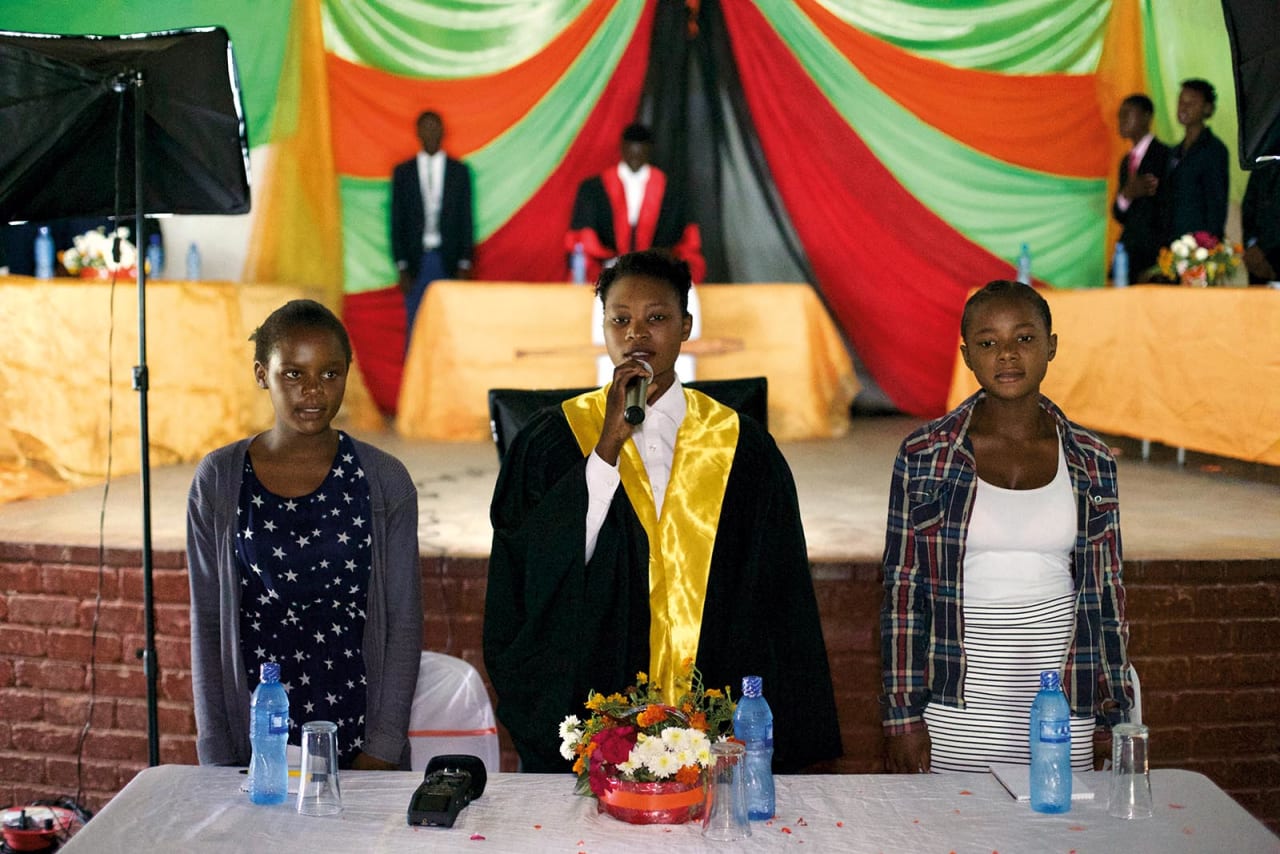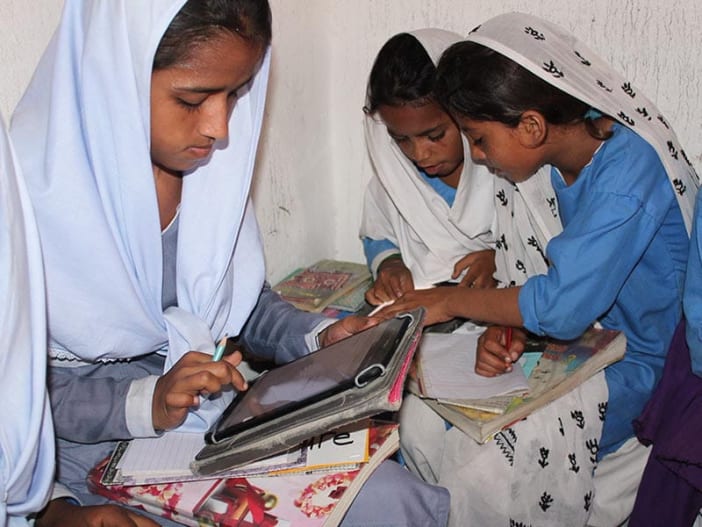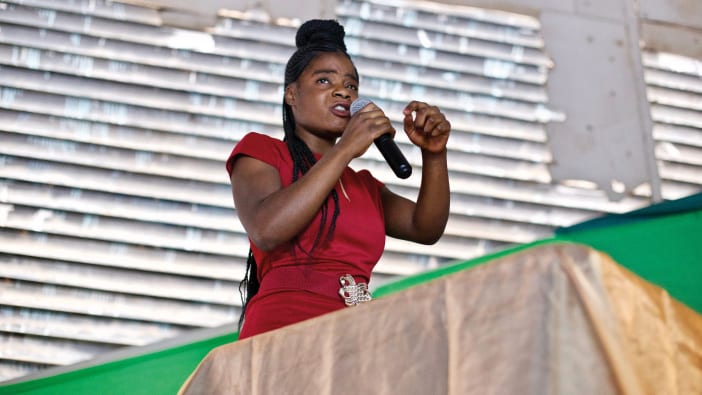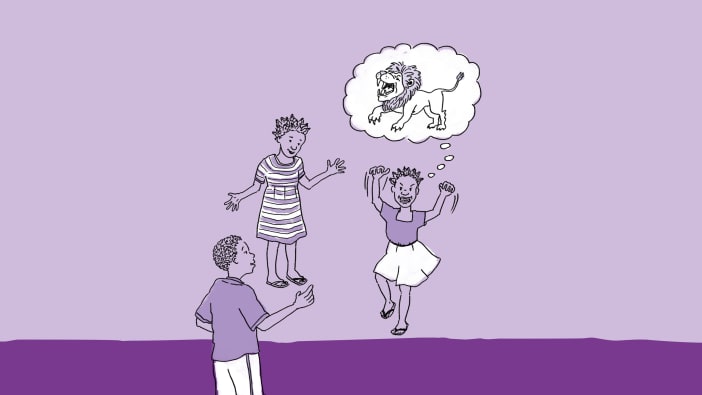In 2015, the Jubilee Centre in Zambia established an initiative called Junior Parliament. This unique forum allows young people to develop their leadership skills, learn how to express their views and gain an understanding of the national parliamentary system.
The young people are mentored by influential people from a variety of professions who provide them with the skills they need to address social, economic and environmental concerns in their community.
Debates
The participants are taught how to research different issues, which they then debate. The debates are held in public, and community members and government officials are invited to attend.
Topics that have been debated include:
- plastic waste and environmental damage
- health services for people living with HIV
- quality education for vulnerable children
- the role of the community in implementing government projects.
As a result of these debates, there have been several major achievements. For example: single-use plastic bags have been banned in all supermarkets across the country; 700 trees have been planted in schools; 227 young people have received government support to complete secondary school.
Community leaders
The 90 young people involved in this programme are developing into community leaders with voices that are already changing their nation. One of the Junior Parliamentarians recently said, ‘We are patriots, not because of what our country can give us, but because we see what our country can be when we commit ourselves to its transformation.’
How to organise a debate
A debate is a structured discussion about an issue, known as a ‘resolution’. An example of a resolution is: ‘Single-use plastic bags should be banned.’ After a debate, a working group is often established to take the matter forward, according to the result of a vote.
Structure
A debate involves two sides: one supporting the resolution (affirmative team) and one opposing it (opposing team). After presentations from the two sides and questions from the audience, debates usually end with a vote on the resolution. A chairperson makes sure that the debate runs smoothly and fairly.
Preparation
- Decide on the resolution to be debated.
- Organise the teams (usually three to five people in each team).
- Establish the rules, including the time that will be allowed for each part of the debate.
- Ask each side to research the topic and prepare logical arguments.
This includes gathering evidence to support their position.
Debate
- A member of the affirmative team presents their team’s arguments, followed by a member of the opposing team (usually no more than 5 to 10 minutes each). This pattern is repeated for the second speaker in each team. Each team then has the opportunity to respond to the arguments of the other (5 minutes each). There cannot be any interruptions and each speaker must wait their turn.
- Members of the audience ask questions and contribute their own thoughts and ideas (20 minutes).
- The chairperson summarises the debate, and brings it to a close with a vote on whether to accept or reject the resolution.










